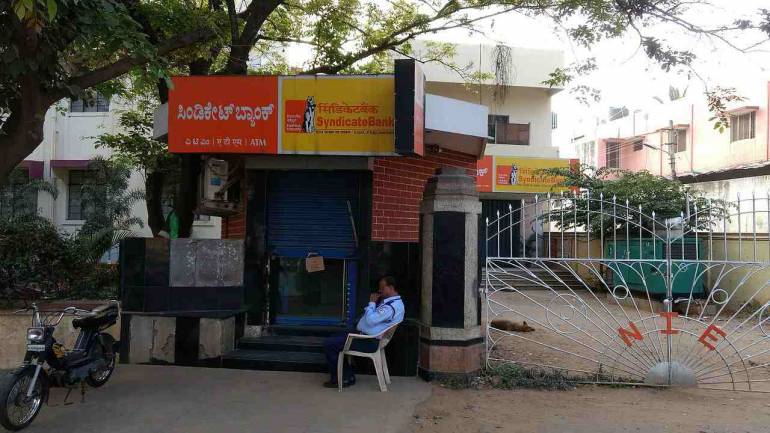At a time when several public sector banks have been hit by scams leading to fire-fighting by the government and the Reserve Bank of India, a full-blown human resources (HR) crisis is waiting to erupt. And nobody seems to be giving it any serious thought.
While finance minister Nirmala Sitharaman has chalked out a merger plan for public sector banks to bring in much-needed reform measures in these banks, precious little is being done to fix issues relating to HR practices and retention of talent.
Harsh truth that nobody seems to be talking about
There are few competent leaders in these banks, who can steer through the troubled and challenging times. More importantly, these banks and their heads come under the ambit of the Central Vigilance Commission and the Central Bureau of Investigation. Bankers have pointed out that most leaders are unwilling to take any concrete measures to steer clear of any possible controversy.
What is worrisome is the fact that most of the over 8 lakh employees at these public sector banks are “unhappy and frustrated” that negotiations on wage revisions remain inconclusive even after over 30 rounds of talks. Though the government decided to pay a part of the arrears as a Diwali bonanza, it failed to bring cheer.
In August, Sitharaman announced the merger of 10 state-owned banks to create four big lenders. While the merger exercise cuts the total number of banks to 12 from 27, critical questions on leadership and competent staff who can steer these newly formed amalgamated lenders remain unanswered.
“You need even more deft handling and very able teams to ensure that the exercise goes on smoothly… After all, you are talking about public money,” a senior bank official told News Intervention.
Three officials from different mid-level public sector banks that News Intervention spoke to echoed similar sentiments — the worst affected are smaller and mid-level banks.
“Many people who are experts in their domains are being taken on board on contract but they are limited to the big lenders such as the State Bank of India or Punjab National Bank. Nobody is willing to join the smaller brands and that is a scary thought,” a retired official said.
Former finance minister Arun Jaitley had floated an idea to hire talent directly from the country’s business schools. Needless to say, there has been no progress in this direction.
Bank Unions
Bank unions have called for a strike on January 8 to oppose the merger. C.H. Venkatachalam, general secretary, All India Bank Employees’ Association (AIBEA), said the merger of these banks will lead to more havoc. “What was the need to merge… We need more banks and more branches; with a merger, we will land up closing many bank branches,” he said. In a statement, he said, “Withdraw the decision on merger of Banks: Recently Government has announced merger of 10 banks into 4 banks thus closing down 6 nationalised Banks. This is a wrong step and will affect customer service, employment and jobs. This will not help to recover the bad loans in the banks.”
Bank Board Bureau and its role
The Bank Board Bureau (BBB) was set up in 2016 to address these HR issues with a thrust on chalking out schemes for recruitment and better pay packages. Besides the board was to look into ways that would ensure enhanced professionalism with growth opportunities for the existing staff.
Its first chairman Vinod Rai underlined the need to improve pay packages for talent retention. Issues relating to employee stock ownership plan (ESOP), out of turn promotions and ways to increase overall pay packages to ensure retention of talent have been discussed from time to time but no concrete steps have been taken.
Immediate attention needed, bring in HR reform
Jobs at these banks no more attract bright competent youngsters as they did even a couple of decades ago. Reason? The relatively lower salary scale, the work environment and lack of career path.
Reforms need to start with people to ensure the health of these banks already groaning under the weight of huge non-performing assets. Gross non-performing assets in public sector banks crossed Rs 10 lakh crore in March 2019, up from Rs 2. 2 lakh crore in 2014.
Sitharaman and her team need to fix this on a priority basis or else state-owned banks will keep struggling and drawing talent will be a tall ask.

